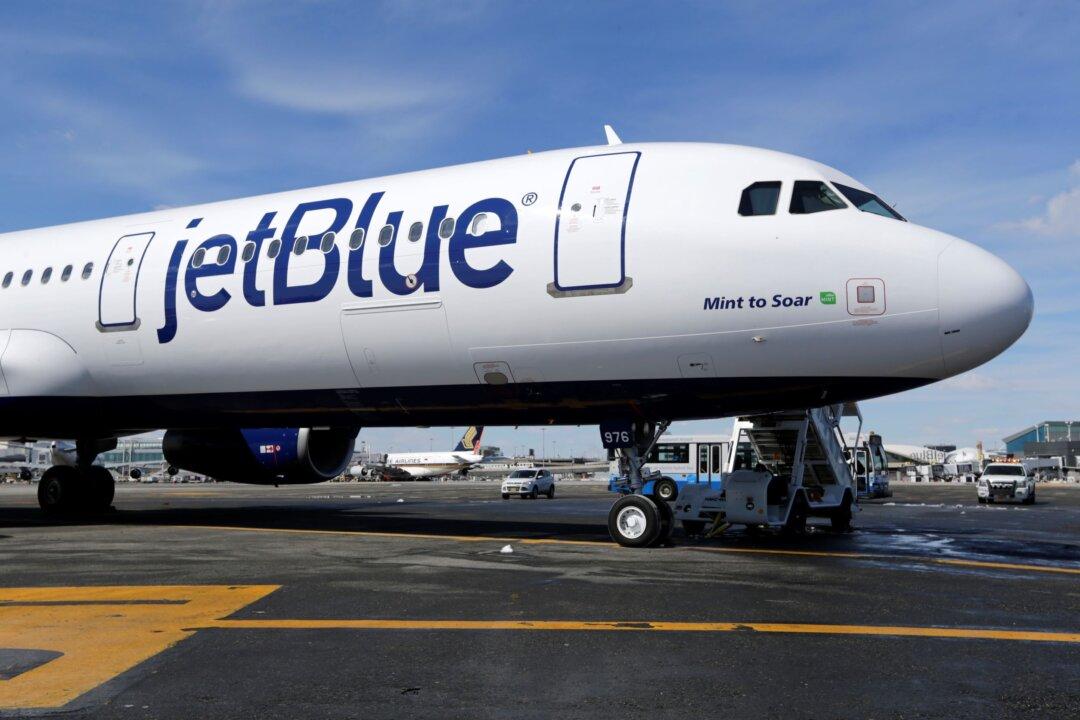NEW YORK—JetBlue Airways lost $188 million in the second quarter, as fuel costs nearly tripled and wiped out a large increase in revenue during the early part of the peak vacation-travel season.
The loss reported Tuesday was wider than Wall Street expected. JetBlue was unable to keep pace with bigger rivals, who posted profits for the quarter on full planes and higher fares.





